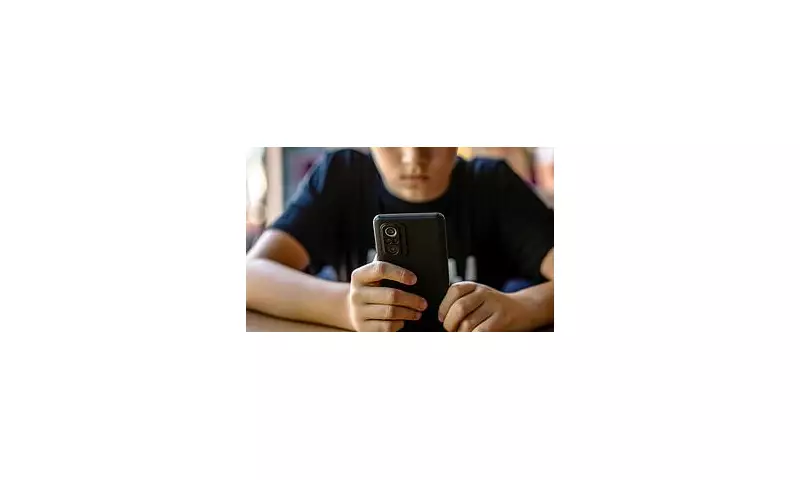
As the summer holidays stretch before them, UK parents are facing a modern parenting dilemma: how to manage their children's escalating screen time without a constant battle. Leading child development experts are now issuing a stark warning about the profound impact excessive digital consumption can have on young minds.
The Hidden Mental Health Crisis
Psychologists across Britain are observing a troubling trend directly linked to increased device usage. Dr. Elizabeth Vance, a prominent child behavioural specialist from Cambridge, states, "We're seeing unprecedented levels of anxiety, attention deficits, and social isolation in children who spend more than three hours daily on screens." The absence of school routines often leads to a dramatic surge in online activity, creating what experts call a 'summer slide' in mental wellbeing.
Practical Strategies for a Balanced Summer
Rather than advocating for complete digital elimination, experts recommend a balanced approach:
- Structured Screen Schedules: Create clear timetables that designate specific hours for digital use, separating educational content from entertainment.
- Tech-Free Zones: Designate areas like dining rooms and bedrooms as device-free spaces to encourage family interaction.
- The 20-20 Rule: For every 20 minutes of screen time, encourage 20 minutes of physical activity or outdoor play.
- Quality Over Quantity: Actively curate educational and creative content rather than passive scrolling through social media.
Why Summer Demands Extra Vigilance
Without the structure of school, children's screen time can increase by up to 150% during holiday periods. This dramatic shift disrupts sleep patterns, reduces physical activity, and limits crucial face-to-face social development. Research indicates that children who maintain balanced screen habits during holidays show significantly better academic readiness and emotional stability when returning to school.
The Positive Alternative: Embracing Real-World Connections
Experts emphasise that the solution isn't merely restricting technology, but replacing it with engaging alternatives. Community activities, sports programmes, and family adventures provide the social and cognitive stimulation that screens cannot replicate. "The goal isn't to create a digital prison," explains Dr. Vance, "but to show children that the most rewarding adventures happen beyond the screen."
As British families navigate the long summer weeks, the message from experts is clear: proactive screen management isn't about deprivation, but about protecting childhood itself. The holiday period presents a golden opportunity to reset digital habits and prioritise mental wellbeing and family connections.





